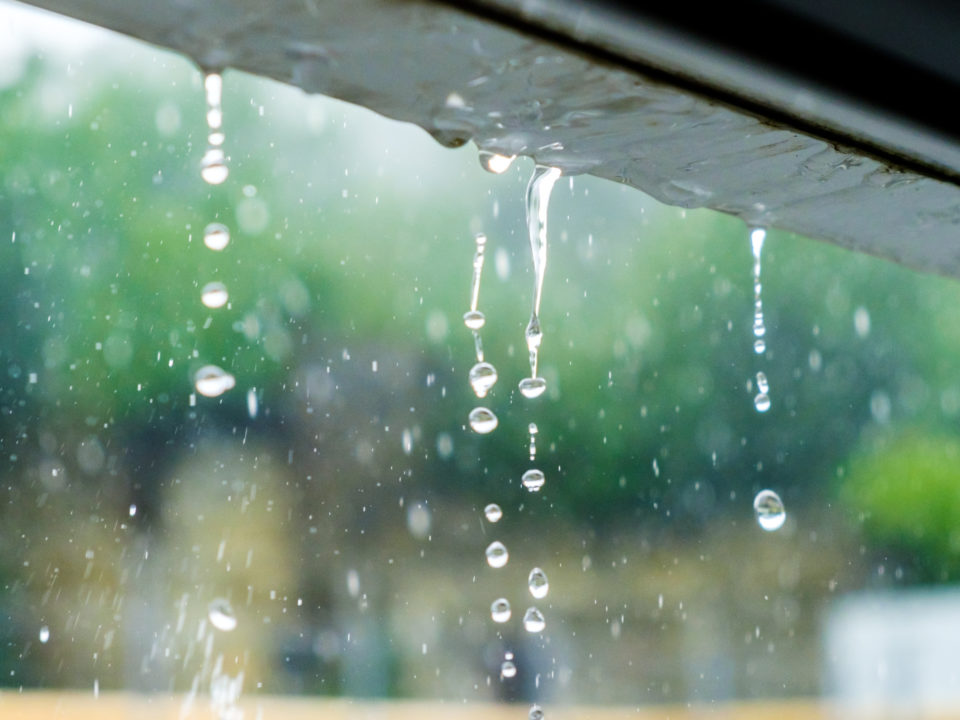Winter Energy Savings: How Solar Can Keep Your Bills Low

Frequently Asked Questions
December 11, 2023
Spring for the Solar Shed Sale
April 23, 2024It may sound silly, but one of the most common questions we get is, “Does solar power work in Maine?” Of course, it does! During the winter, it’s easy to forget that Maine averages 192 sunny days per year, while the US average is only slightly higher at 205 days. Solar generation is lowest in the winter but it can still save your household money even during the shortest days of the season.
Solar panels need sunlight, not heat, to generate electricity. Luckily for Maine, solar cells produce electricity more efficiently at colder temperatures because electrons are at rest in low temperatures, and the solar panels make a greater difference in voltage as electrons are activated by sunlight. It’s a scientific benefit warmer states, such as California, don’t get.
Snow on your panels? No problem. Sunlight can penetrate about a 1/8 inch of snow but wind, rain, a plastic roof rake, and the sun itself can quickly clear your solar panels. Additionally, the snow will grab onto dust and dirt and take it with it when it’s melted, blown, or cleared off keeping your panels clean and at max capacity.
Snow is actually an excellent reflector (snow burn, anyone?), on a sunny bluebird day it can bounce back up to 90% of sunlight, giving solar panels an extra boost. And when those overcast days do roll in, solar generation isn’t a total bust. Technology in solar power panels has advanced to be able to capture diffuse sunlight.
Our Maine Solar Sheds use Enphase microinverters for our arrays which allows one panel to reach 100% output even if the other arrays are covered in snow. This is an upgrade from “string” inverters, common in Maine, which lose a lot of output when arrays are partially shaded by snow cover.
In 2019 Maine passed LD 91 which reinstated traditional net metering and repealed gross metering, which essentially penalized homeowners for producing solar power. If your household produces more electricity than it uses, it is sent into the grid, and you receive credits for the energy. You can use those credits in winter during low-generation periods to decrease your electricity bill.
By understanding the factors and environments that affect solar energy generation, homeowners can better leverage it to ensure they are saving money both long and short-term. It’s important to understand the winter capabilities of solar panels and consider factors such as regional climate, policies, and maintenance practices to optimize energy production in colder seasons.
If you want to learn more about our sheds, subscribe to our newsletter or follow us on Facebook. When you’re ready to switch to solar, give us a shout and we’ll provide you with a quote and inspect your site for install.





